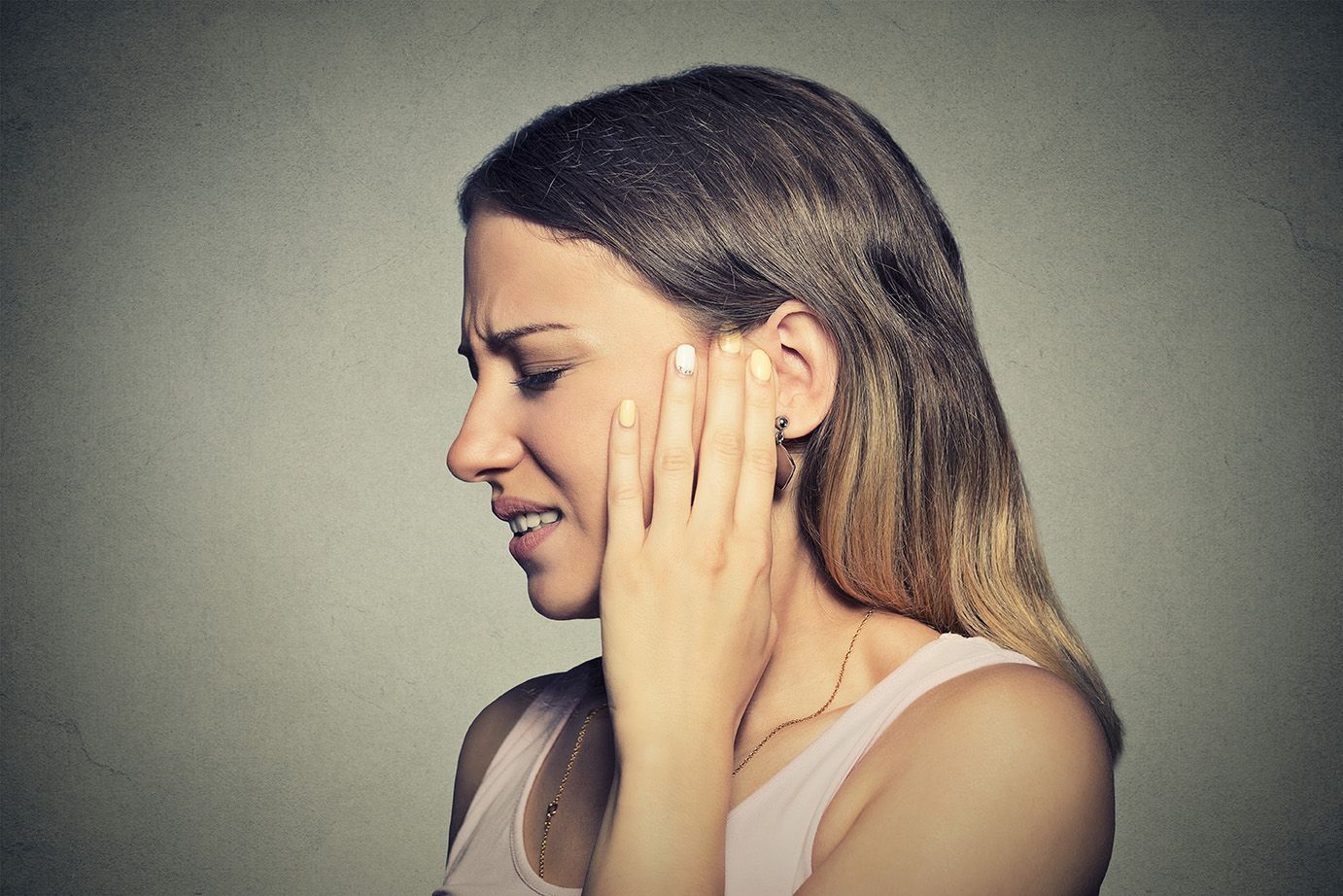Possible Causes of TMJ Disorders: Jaw Joint Issues
 You may have heard friends complain about a clicking in the jaw. You may have felt that telltale pop yourself. This is known as a TMJ disorder (TMD). This condition refers to poor function of the temporomandibular joint, This jaw joint is one of the most complicated joints in the entire body.
You may have heard friends complain about a clicking in the jaw. You may have felt that telltale pop yourself. This is known as a TMJ disorder (TMD). This condition refers to poor function of the temporomandibular joint, This jaw joint is one of the most complicated joints in the entire body.
So what can cause the TMJ to function poorly? The team at our Ridgewood, NJ dental practice consider common reasons people develop TMJ disorders below.
Teeth Grinding (Bruxism)
Teeth grinding is one of the most common causes of TMJ disorders. This refers to the gnashing, clenching, and shifting of the teeth during sleep. This places a great deal of strain on the jaw joint, which can affect its normal alignment and function in the long run. If your teeth grinding is not treated for years, the risk of a jaw problem increases.
Some common causes of teeth grinding include:
- Poor dental alignment/crooked teeth
- Excessive stress or anxiety
- Use of certain medications and drugs
Be sure to note any soreness in the jaw when you wake up. Sensitive teeth and gums is another common side effect that suggests you grind your teeth at night.
Trauma to the Face or Head
If you suffer a serious blow to the head or face, this can result in a TMJ disorder. This is particularly true if your jaw was affected by the injury. This trauma may be the result of a variety of things, including:
- Bike accidents
- Auto accidents
- Physical assaults and altercations
- Workplace injury
- Slips and falls
- Sports-related injury
Whenever applicable, be sure to wear proper face and/or head protection. This can mean the difference between a minor injury and a major one.
Arthritis of the Jaw Joint
Osteoarthritis refers to the breakdown of the cartilage in a joint as a result of gradual wear and tear. Given all of the jaw movement necessary to chew, bite, speak, and make certain facial expressions, long-term wear and tear is no surprise. Teeth grinding will only make these issues worse with time.
Problems with Joint Alignment
For various reasons, the joint itself may be poorly aligned. This could result in additional pressure being placed on the teeth and other structures of the mouth. When this happens, a person spends their entire life biting and chewing in a manner that causes damage to the jaw joint. Like crooked teeth, proper alignment must be achieved.
Signs and Symptoms
It’s important to know the warning signs of TMJ disorders. Keep an eye out for the following:
- Popping or clicking in the jaw
- Grinding sensation in the jaw
- Jaw pain
- Lockjaw
- Stiffness of the jaw
- Soreness while biting and chewing
- Earaches and headaches
During a consultation we can determine the cause or causes of your TMJ disorder and then treat the problem accordingly.
Treatments for TMJ Disorders
For most patients, non-invasive procedures for TMJ disorders will help restore jaw function and relieve pain. This could mean using a bite guard to minimize teeth grinding, orthodontic care to improve dental alignment, or cortisone injections to address inflammation of the joint.
Jaw joint surgery is only considered an option when a patient does not respond to any of the less invasive therapies.
Contact Ridgewood Dental Associates
For more information about TMJ disorders and how they can be treated, be sure to contact the team at Ridgewood Dental Associates. We will work with you to ensure your jaw joint functions properly and you experience good dental health and wellness.






